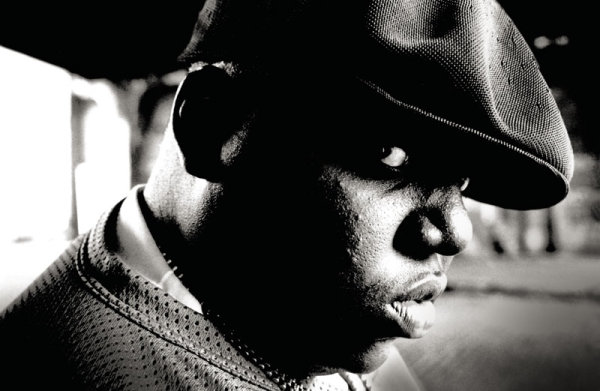
(x-posted at Social Science Lite)
In Black Identities, Harvard sociologist Mary Waters analyzes the racial and ethnic identities of first and second generation West Indian immigrants in New York City. At its core, Black Identities is a study of paradox. Waters eloquently states, “[For West Indians], America is a contradictory place…a land of greater opportunities than their homelands but simultaneously a land of racial stigma and discrimination. Immigrants readily buy into an image of American affluence, but are grounded in American racial and economic realities. One respondent noted despair that America is a “white world” in which “white people have all the money,” but in the same breath rejoiced in the fact that America is “a place where everyone has opportunity.” This is the inherent contradiction of the “American dream:” First generation West Indian immigrants must reconcile their lofty expectations of achievement with the myth of American social mobility as they grapple with structural and interpersonal racism in their day-to-day lives.
Second generation West Indian immigrants are also directly confronted with uniquely American race relations, resulting in contradictory immigrant identities. On the one hand, some immigrants embrace their Caribbean ancestry and construct social boundaries separating themselves from black Americans. On the other hand, many young, second generation West Indians (a plurality of her sample) buy into the uniquely American racial caste system and self-identify as black, abandoning other “ethnic options.” There wouldn’t be anything wrong with indentifying as “black,” if of course a slew of disadvantages and prejudices didn’t follow as a result. When race collides and interacts with social structure and culture, West Indian immigrant identity precariously wavers between ethnic loyalty and American assimilation. Paradoxically, the choice to remain loyal to their West Indian heritage affords these immigrants more social mobility than direct incorporation into American culture, as buying into American stereotypes often means downward mobility.
Sound familiar? Oddly reminiscent of a certain Brooklyn born rap legend? Indeed, The Notorious BIG represents an interesting case study—and exemplar—of Waters’ extensive empirical data. Biggie was born to a hardworking, loving Jamaican immigrant mother. While his father was largely absent from his life, Biggie’s mother held steady employment as a pre-school teacher and by all accounts was an involved parent. She enrolled her son in a private middle school in Brooklyn where he thrived academically. This scholastic success, of course, came to an end when Biggie began selling drugs at age 12. A (pun intended) notorious crack dealer, he eventually dropped out of high school, only to reach temporary stardom but ultimately suffer an untimely death.
A scene near the beginning of the recent biopic Notorious, in which Biggie’s character exhibits admiration and lust for the life of a street hustler, is telling. Waters’ research suggests that Biggie’s identity as a second generation West Indian immigrant could have, presumably, led him to continue his studies and perhaps achieve upward mobility—distancing himself both from the general stereotypes of American blacks and the actual hustlers in his immediate surroundings. But, when confronted with the reality of American race relations—in this example, Bed-Stuy/Clinton Hill in the early ‘90s—Biggie could have just as easily been propelled to identify more with the black Americans selling drugs on the corner by his house. Like many poor second generation West Indian immigrants, Biggie lacked local models of success, a disparity caused by urban economic marginalization and resulting in a push to identify with a certain type of black American.
Big had an ethnic “choice,” sure; claim his Jamaican roots, or step in line with America’s vision of race. But it was a structured choice provided under economic duress and within the context of a uniquely American racial order. The problem is, both paths of ethnic identity formation have problematic results for blacks as a whole. By distancing themselves from the “black underclass,” many West Indians reaffirm long-standing stereotypes of blacks as lazy, violent, and generally inferior. In this model, immigrants achieve individual mobility at the expense of group advancement. In other words, individual immigrants can use this boundary work to catapult themselves toward success, but it negates the possibility for the advancement of blacks as a group. West Indians face American stereotypes and norms of black insolence, and their rejection—and even acceptance—of this identity solidifies white preconceptions. This puts West Indian immigrants in a uniquely difficult position—a Catch-22 in which either path of identity formation reinforces a firm black-white color line.
Biggie’s life story dovetails nicely with Waters’ analysis, complicating traditional studies of race, immigration, and assimilation in the United States. Of course, Biggie’s life obviously doesn’t reflect the experiences of all second generation West Indian immigrants. Still, Waters’ analysis in Black Identities does help explain, in part, why “G-E-D, wasn’t B-I-G.”